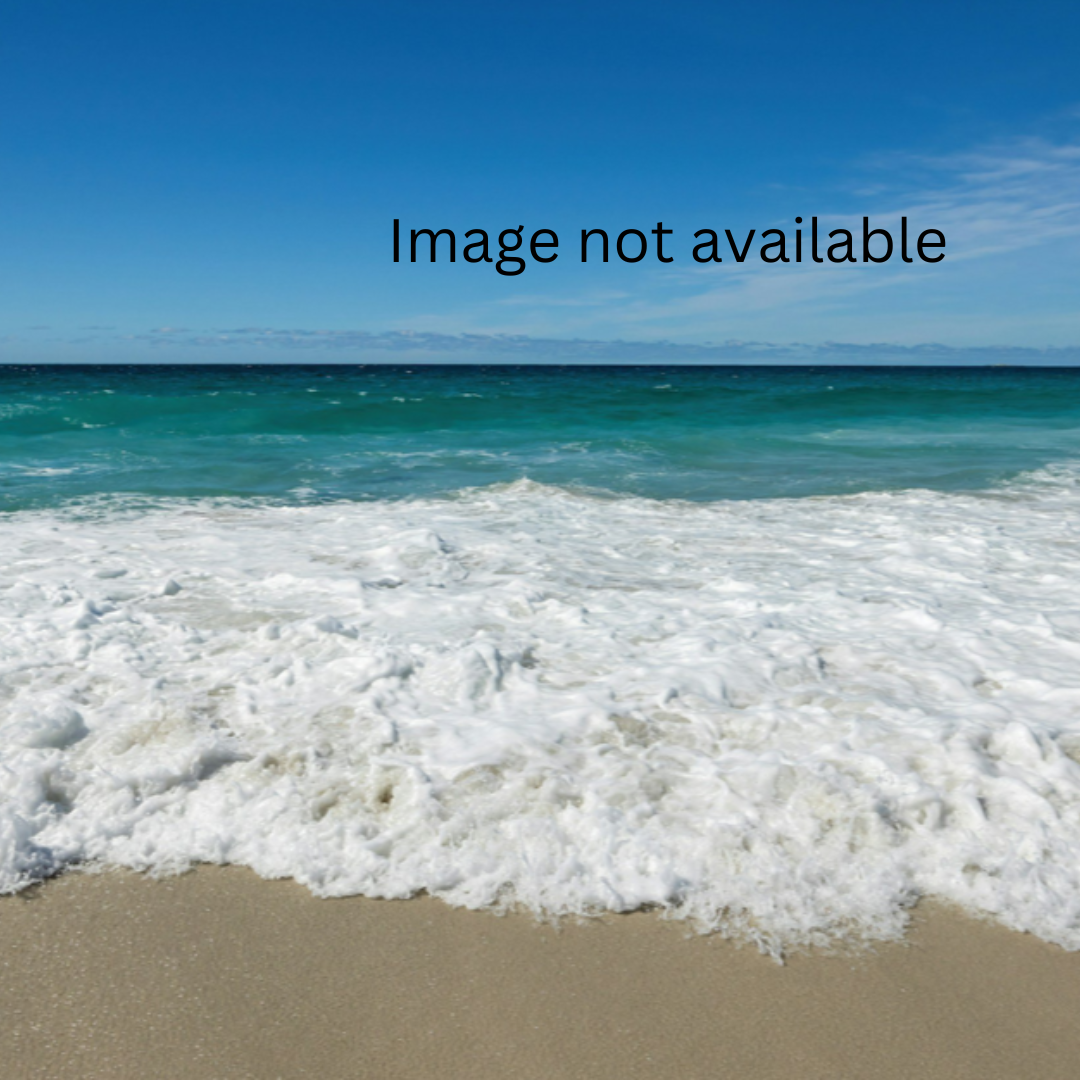Mission Statement
The Elders Council of Tasmania Aboriginal Corporation has made a strong commitment to place cultural strengthening at the centre of all its plans and activities, making this our key strategic focus area. Only through embracing our Youth and guiding them through their lives can we ensure that our culture and tradition is passed on down through the years.
Traditional cultural practices and stories from our Elders are fast diminishing. If we do not take the time to record their stories and memories they will be in danger of being lost to future generations. All our resources go into the preservation of these traditional skills and arts.
We value and respect our older people as individuals who have important knowledge and strengths to pass onto younger generations. Our staff, volunteers, and members are treated professionally and their contributions are acknowledged and rewarded.
It is essential that cultural strengthening remains at the fore front of activities and planning now by the Elders to ensure that our culture can survive and be shared with our youth and remain an important focus of our Community for generations to come.
We pride ourselves in the range of activities that we offer to the youth of our community. Through giving of our time and skills learnt, we hope to instil in the next generation the desire to learn and embrace their culture and heritage.
The Elders Council will be at the forefront of keeping Tasmanian Aboriginal cultural knowledge and experiences respected and appreciated. We provide a safe, welcoming, and supportive place for all members of the Aboriginal community.
The Elders Council of Tasmania Aboriginal Corporation was registered on 07 June 1994. These are the Palawa women who were the founding members.
Inaugural Committee
Marjorie Mansell
Inaugural Chairperson & Founding Member
Rachel Quillerat
Secretary
Muriel Maynard
Committee Member
Brenda Rhodes
Committee Member
June Swain
Committee Member
Gloria Templar
Committee Member
Our Community
As Palawa we have always belonged and always will belong to the islands of Lutruwita/Tasmania.
From the end of the last ice age, when the land bridge linking us with the rest of the continent was inundated, we became isolated for over 10,000 years. Across our many sovereign nations and multiple family collectives, we spoke many distinct languages. Everything was in balance.
In 1803, Britain invaded and brutally sought to establish a colony here. The genocidal Black War period lasted until the mid-1830s. Grandfather Mannalargenna, depicted here in water colour by Thomas Bock, was a key figure in the Aboriginal resistance. He passed at Wybalenna (Black Man’s House) on Flinders Island in 1835.
By the time Britain’s Colony of Tasmania was officially established, on unceded lands, in 1856 our survival hinged on the women and girls kidnapped by sealers from Trawlwoolway Country – our homelands in northeast Lutruwita – and enslaved on Tayaritja/Furneaux Islands in Bass Strait.
A thriving community developed over time, especially on Truwana/Cape Barren Island, with a unique culture. Our Old People’s cultural practices, that we still have connection to today, were passed down within that island community despite outsider influences. We became known as Straitsmen and, yet again, the strength of our community threatened the colonial authorities.
As a community and as individuals we have been, and continue to be, subject to dispossession, displacement, segregation, police brutality, child removal, over-policing, racial profiling and many other forms of discrimination that impact us intergenerationally.
Yet out our culture, our stories and our beloved Ancestors and Elders, such as Woretemoeteyenner and her father Mannalargenna and the People whose portraits line the walls of our hall, guide us and give us daily strength.
The importance of having spaces, such as the Elders, where we are safe to come together, be our full selves, and practice and share culture cannot be overstated.
The Space
The Elders Council was formed in the mid-1980s by a group of Launceston-based Elders.
On 7 June 1994, we became an incorporated organisation – the Elders Council of Tasmania Aboriginal Corporation – to offer the Aboriginal community a ‘cornerstone’ to build on.
Over the years, the Elders Centre has struggled to find funding to be a viable entity yet at the same time has built a strong and harmonious link to the Community offering opportunity for members to pass on their unique traditional skills to young mob.
Chalmers Hall has had a long-standing history with the Palawa community as the TAC (Tasmanian Aboriginal Centre) previously operated from these premises.
In July 2001, what was then ATSIC (Aboriginal & Torres Strait Islander Commission) presented the Deed of Title to the Elders Council for the property known as Chalmers Hall on St Johns St, Launceston. This has allowed the Elders Council to have a secure base to work from since then.
The Elders Council has sought to provide a range of services that empower Elders and the community and build self-esteem and confidence while strengthening Palawa culture. The primary target groups were originally members of the community in the northeast, including Tayaritja/Furneaux Islands but our reach now extends throughout Lutruwita/Tasmania.








